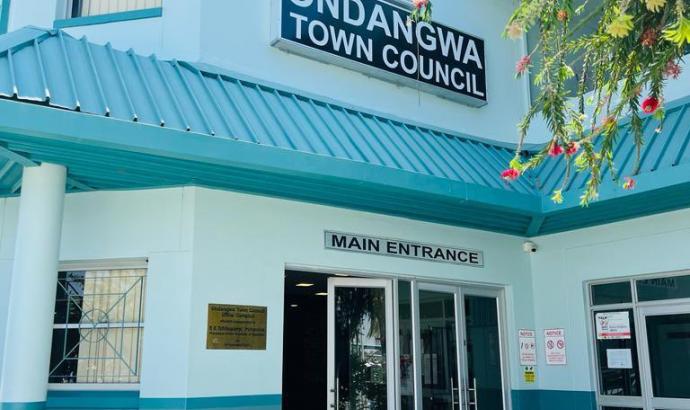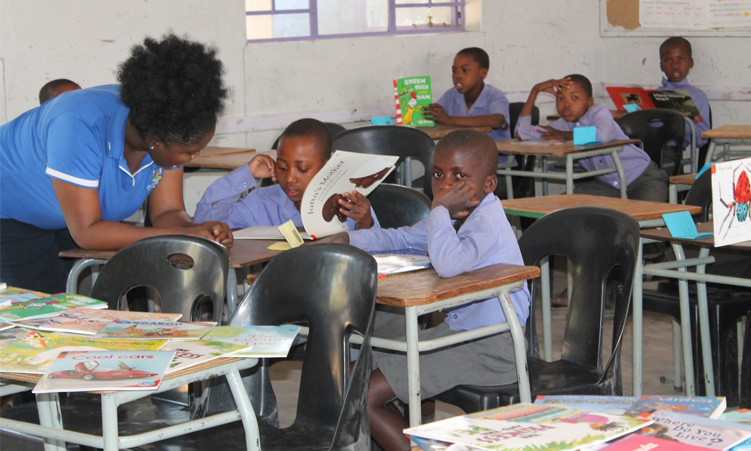The Popular Democratic Movement (PDM) has expressed concern over a recent decision by the Zambian cabinet for Zesco, Zambia’s state-owned power utility, to recall at least 100 megawatts of power from the export market to meet local needs.
The decision was made by the country’s cabinet on Tuesday.
In a media statement on Wednesday, PDM spokesperson Hidipo Hamata said the decision poses significant implications for Namibia, particularly concerning the countrys’ energy security and economic stability.
Hamata said Namibia currently imports 180 megawatts from Zambia through a bilateral agreement, making it one of the critical sources of electricity for the country.
“The withdrawal of 100 megawatts will inevitably lead to a substantial shortfall in our power supply, exacerbating the existing challenges we face in meeting our national electricity demand.,” Hamata said.
He said the recall will have adverse effects on both the residential and industrial sectors.
“Load shedding, increased electricity tariffs and potential economic slowdowns are imminent if alternative measures are not swiftly implemented. The decision by Zambia, while understandable from their perspective of addressing local power shortages, necessitates immediate and robust responses from our government to mitigate the impending crisis,” Hamata said.
He added that it is imperative that Namibia urgently explores alternative sources of electricity to compensate for the anticipated shortfall.
“One potential avenue is to negotiate additional power imports from South Africa, albeit recognising that South Africa itself is grappling with power supply issues. Furthermore, Angola
presents a viable option for Namibia. Angola has been expanding its power generation capacity and could potentially supply us with the required electricity to bridge the gap left by Zambia’s decision,” he said.
According to Hamata, in the long term, Namibia must expedite the development of its domestic renewable energy projects.
“Solar and wind energy projects, in particular, should be prioritised given our country’s abundant natural resources. Investments in these sectors will not only enhance our energy independence but also contribute to our commitments towards sustainable development and climate change mitigation,” Hamata said.
He said it is crucial for the Namibian government to engage in diplomatic dialogues with Zambia to seek a phased implementation of their recall decision.
“A gradual reduction in power exports, rather than an abrupt cut, would provide Namibia with the necessary time to adjust and find alternative solutions,” Hamata said.
Stay informed with The Namibian – your source for credible journalism. Get in-depth reporting and opinions for
only N$85 a month. Invest in journalism, invest in democracy –
Subscribe Now!








